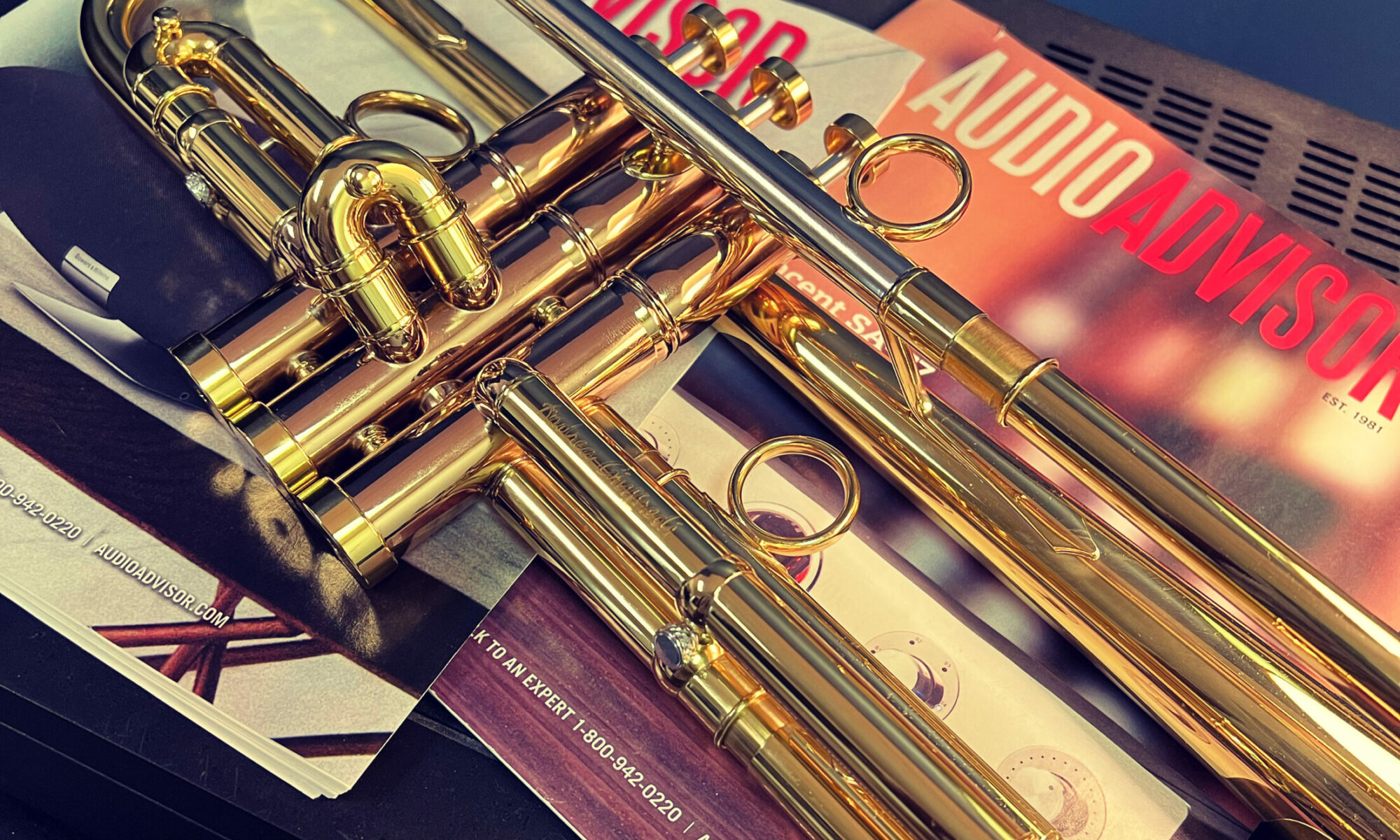A trumpet is identified by the sound it produces. There’s nothing else in the world, natural or man-made, that sounds like a trumpet. It’s also one of the easiest instruments for the everyday public to identify. Due to this and the fact that the trumpet plays a prominent and/or leading role in most ensembles it is imperative that quality of sound be of the highest priority for any trumpeter.
A select few of us are lucky enough to produce a beautiful, resonant sound without even trying. These people can put most of their focus toward something else while the rest of us spend a good deal of time working out different aspects of a good trumpet sound. For most situations, a good trumpet sound will possess qualities such as brilliance, clarity, depth, core, and projection. While each trumpet player works on various exercises (pedal tones, long times, breathing methods, soft and loud playing, etc.) to enhance the qualities they are looking to produce, having a vivid mental sound concept may be the most important. It is for me.
Take the time to immerse yourself in the sound of your favorite players. Listening to great trumpet sounds will cultivate a sound concept of your own, which will eventually find its way out of your bell. Listening will do as much for your sound as playing exercises, provided that your ear is critical enough when examining your own sound. The brain and ear working together really go a long way to promoting growth as a player. A “trumpet friendly” practice room and a recording device will help your ear do its job more effectively. I could discuss trumpet sound behind the bell versus out in front and how that can trick the ear, but that’s a topic for another day.
